Narco subs are helping to fuel a global cocaine surge
Drug smugglers are increasingly relying on underwater travel to hide from law enforcement

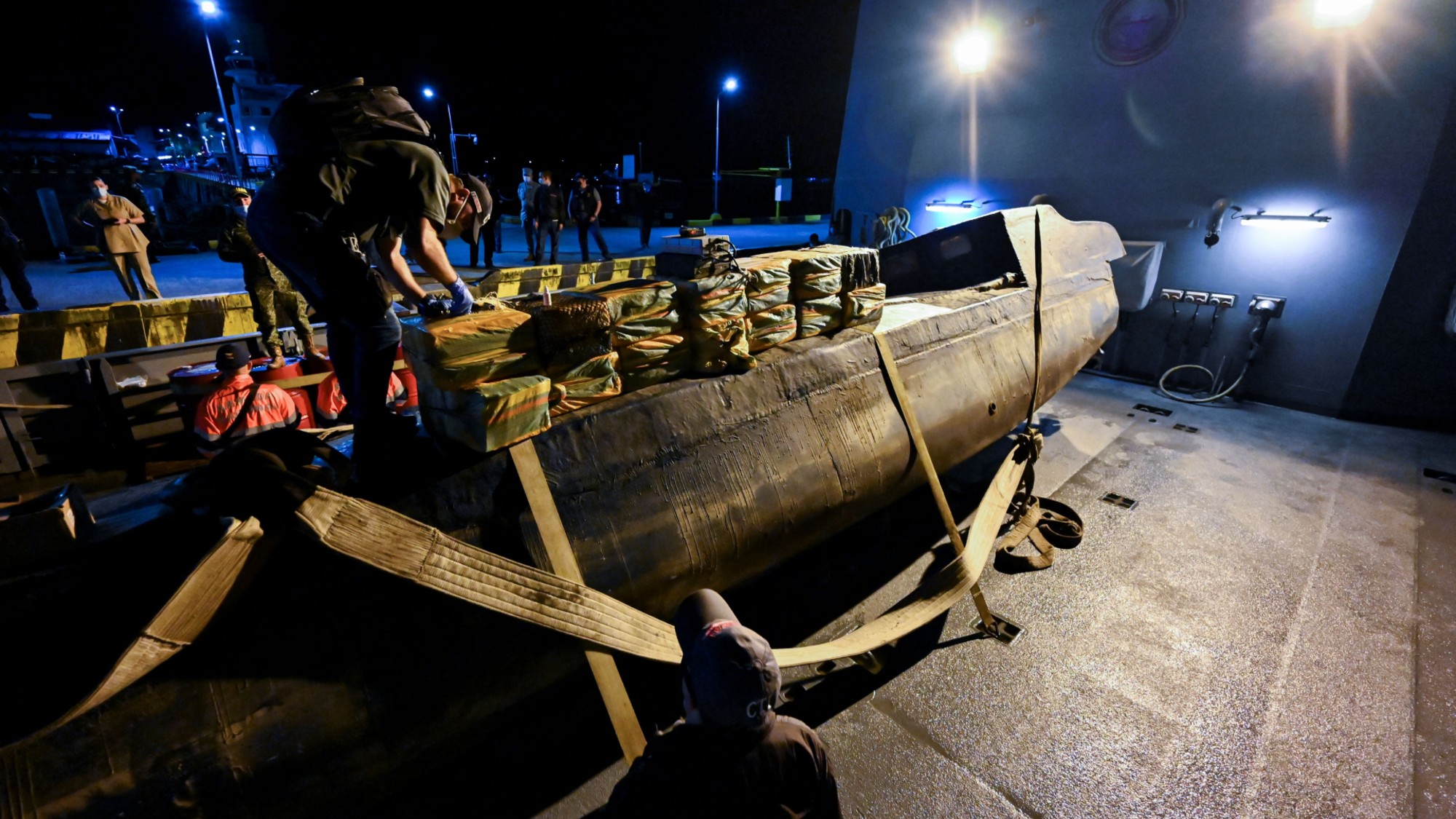
A free daily email with the biggest news stories of the day – and the best features from TheWeek.com
You are now subscribed
Your newsletter sign-up was successful
The distribution of cocaine has surged globally in recent years, astonishing law enforcement officials, as smugglers become more adept at spreading the drug worldwide. In addition to a historic peak of cocaine supply, so-called narco subs have proliferated as an effective means of disseminating cocaine.
What are narco subs?
A narco submarine, sometimes known as a drug sub or narco sub, is a customized self-propelled semi-submersible or fully submersible built and used by drug smugglers, allowing them to move large quantities of narcotics without detection. Narco subs have been operating in the Pacific Ocean for decades but have recently been found on "new routes to Europe and Australia." Their "designs have also become more advanced," said The Wall Street Journal.
Though "most commonly seen off the coast of Colombia," narco subs have been "spotted across the globe in recent months," said CBS News. In January, a sub was found broken in two and towed by a fishing boat into a port in northwestern Spain. In November, the Mexican Navy seized nearly 8,000 pounds of cocaine aboard a narco sub approximately 150 miles off the coast of Acapulco.
The Week
Escape your echo chamber. Get the facts behind the news, plus analysis from multiple perspectives.

Sign up for The Week's Free Newsletters
From our morning news briefing to a weekly Good News Newsletter, get the best of The Week delivered directly to your inbox.
From our morning news briefing to a weekly Good News Newsletter, get the best of The Week delivered directly to your inbox.
"It's like a cat and mouse," said Fernando Iglesias, the head of customs police in Galicia in Northern Spain, to the Journal. Cartels are increasingly using underwater smuggling routes, and in only four years, they have "developed a better vessel with more capacity," Iglesias said, noting how more cocaine was found on a recently captured narco sub compared with the first one found in Europe in 2019. "They're specializing and we need to specialize also in detection."
What's driving the worldwide spike?
Cocaine supply has reached a historic peak worldwide, according to U.S. and United Nations antidrug officials. Last fall, the U.N. estimated Colombia's annual cocaine yield at 3,000 tons, about eight times the yield of 2012, when "interdiction efforts were at their peak," said the Journal. The "loosening of antidrug enforcement in Colombia" combined with "expansive coca cultivation, supply chain improvements and strong consumer demand" have since "pushed the cocaine trade to new highs." To boost that supply chain, organized crime groups are developing "cocaine navies" that utilize narco subs to "ferry larger hauls over greater distances."
The boost in supply is why "traffickers take more risk, why you start seeing bigger seizures — eight tons, nine tons," Matt Donahue, former head of global operations at the Drug Enforcement Administration, said to the Journal. "Losing drugs doesn't even matter to them anymore because they've got so much."
Cocaine's "global rebound" is a challenge to the Trump administration's efforts to keep illicit drugs from arriving in the U.S. from Latin America. "We look at the cocaine threat to the United States and our global partners, and it's been increasing," Derek Maltz, the acting DEA director, said to the Journal.
A free daily email with the biggest news stories of the day – and the best features from TheWeek.com
The issue is also a mounting concern elsewhere. There is "diversification in global cocaine consumption, which is extremely significant," said Leonardo Correa, who oversees research on Colombia's cocaine trade for the U.N. There is potential for expansion, and "we don't know how much it will grow."
What used to be a "one-boat operation risking a run through the Caribbean" has evolved into a "far more globalized network — with many more players, including seasoned smugglers and captains from illegal fishing fleets," said Capt. González of the Colombian navy's research team to the Journal. The latest narco subs are "impressive, even to those who hunt them," the Journal said. "You never stop being astonished," González said. "As long as there are very good earnings, they can invent anything."
Theara Coleman has worked as a staff writer at The Week since September 2022. She frequently writes about technology, education, literature and general news. She was previously a contributing writer and assistant editor at Honeysuckle Magazine, where she covered racial politics and cannabis industry news.
-
 Health insurance: Premiums soar as ACA subsidies end
Health insurance: Premiums soar as ACA subsidies endFeature 1.4 million people have dropped coverage
-
 Anthropic: AI triggers the ‘SaaSpocalypse’
Anthropic: AI triggers the ‘SaaSpocalypse’Feature A grim reaper for software services?
-
 NIH director Bhattacharya tapped as acting CDC head
NIH director Bhattacharya tapped as acting CDC headSpeed Read Jay Bhattacharya, a critic of the CDC’s Covid-19 response, will now lead the Centers for Disease Control and Prevention
-
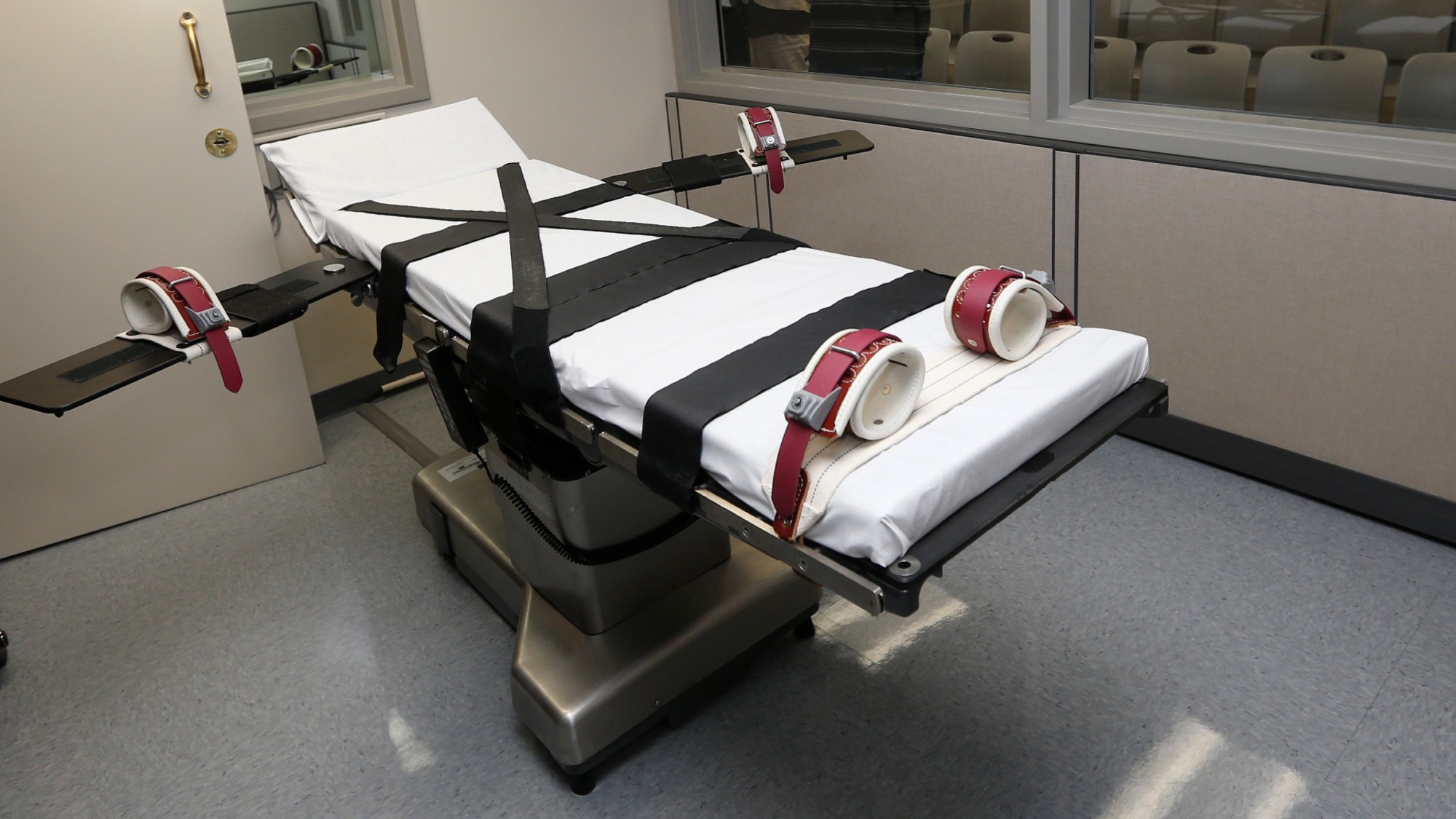 Executions are on the rise in the US after years of decline
Executions are on the rise in the US after years of declineThe Explainer This year has brought the highest number of executions in a decade
-
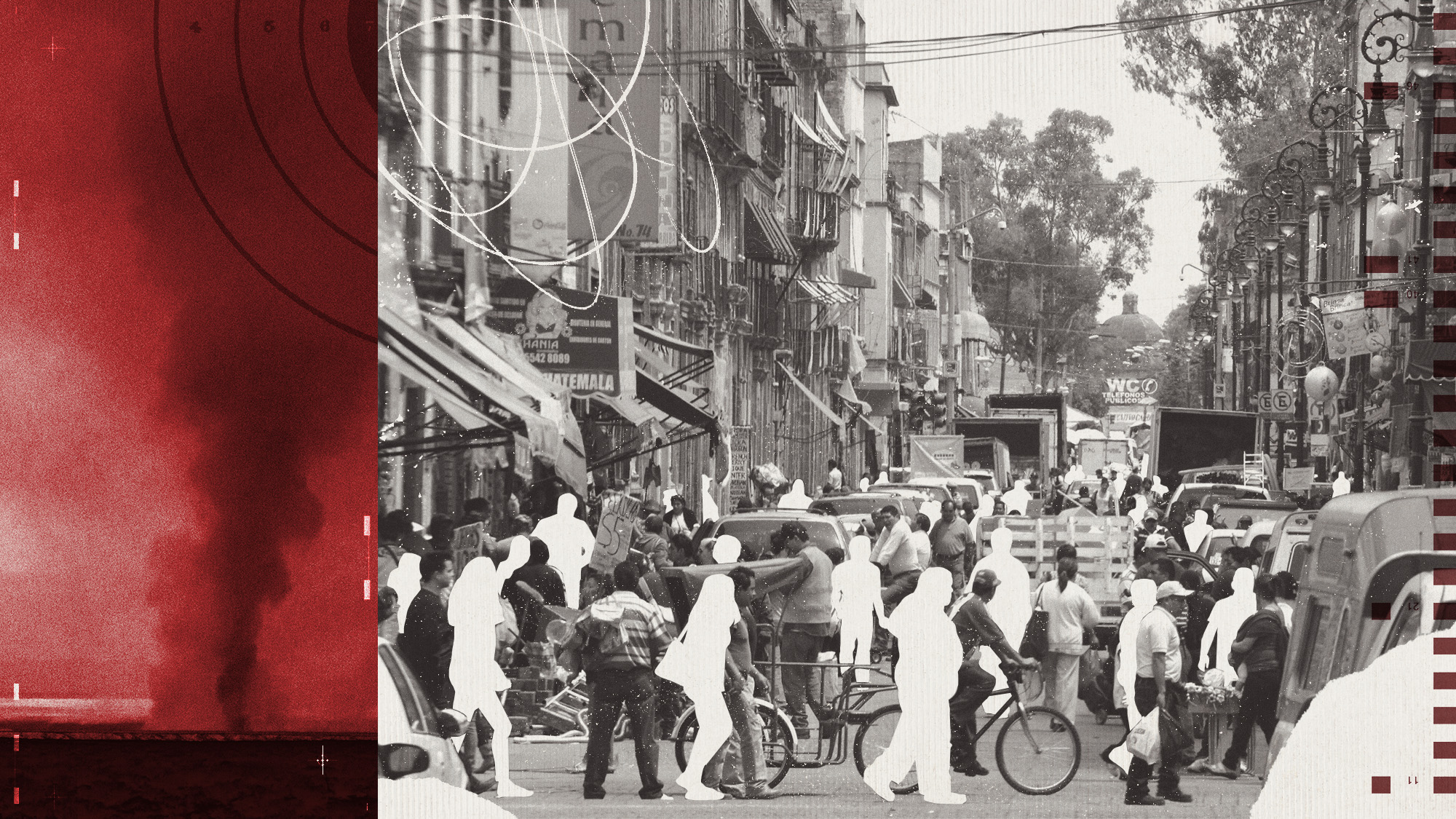 Mexico’s forced disappearances
Mexico’s forced disappearancesUnder the Radar 130,000 people missing as 20-year war on drugs leaves ‘the country’s landscape ever more blood-soaked’
-
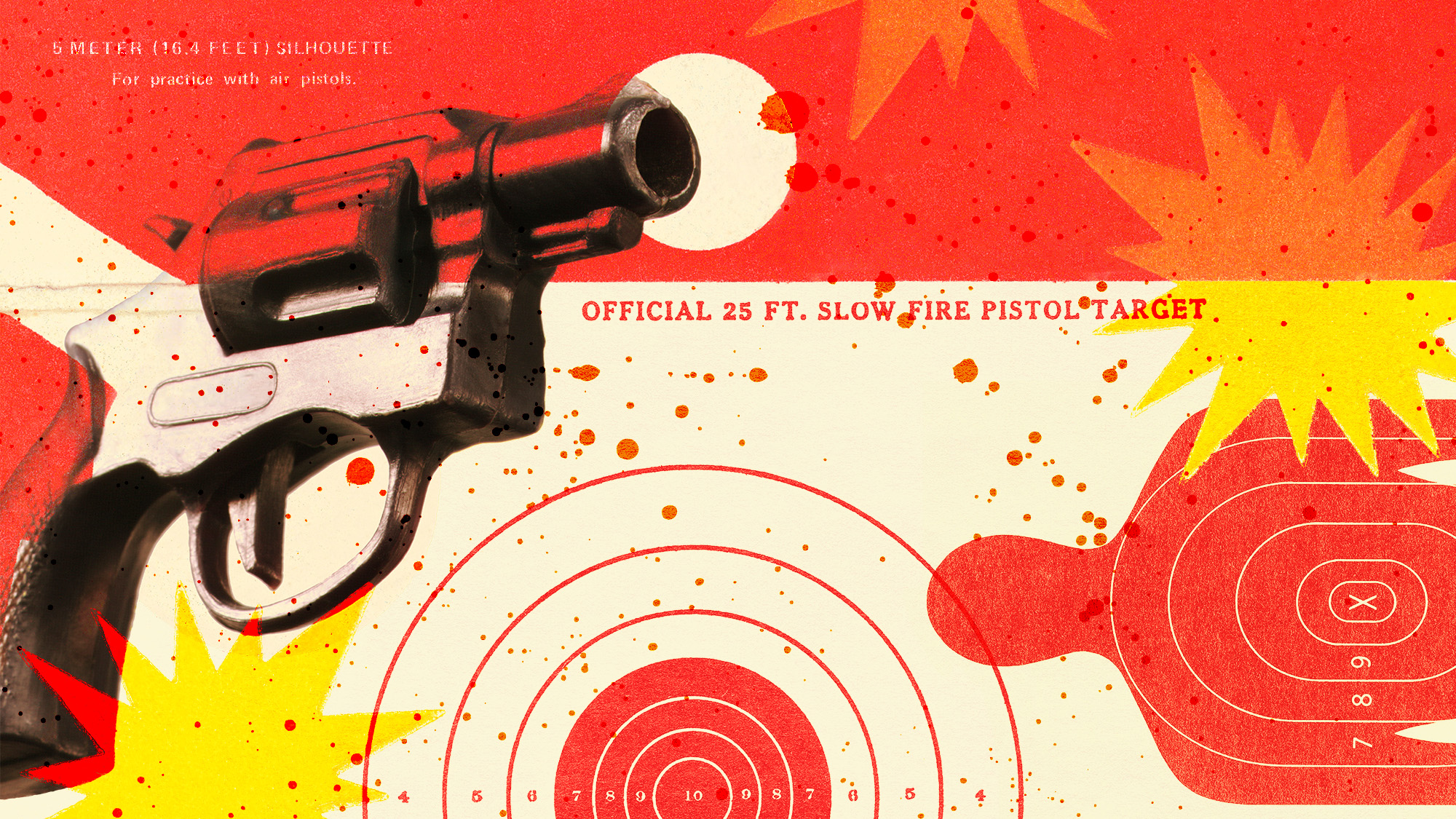 Trump lambasts crime, but his administration is cutting gun violence prevention
Trump lambasts crime, but his administration is cutting gun violence preventionThe Explainer The DOJ has canceled at least $500 million in public safety grants
-
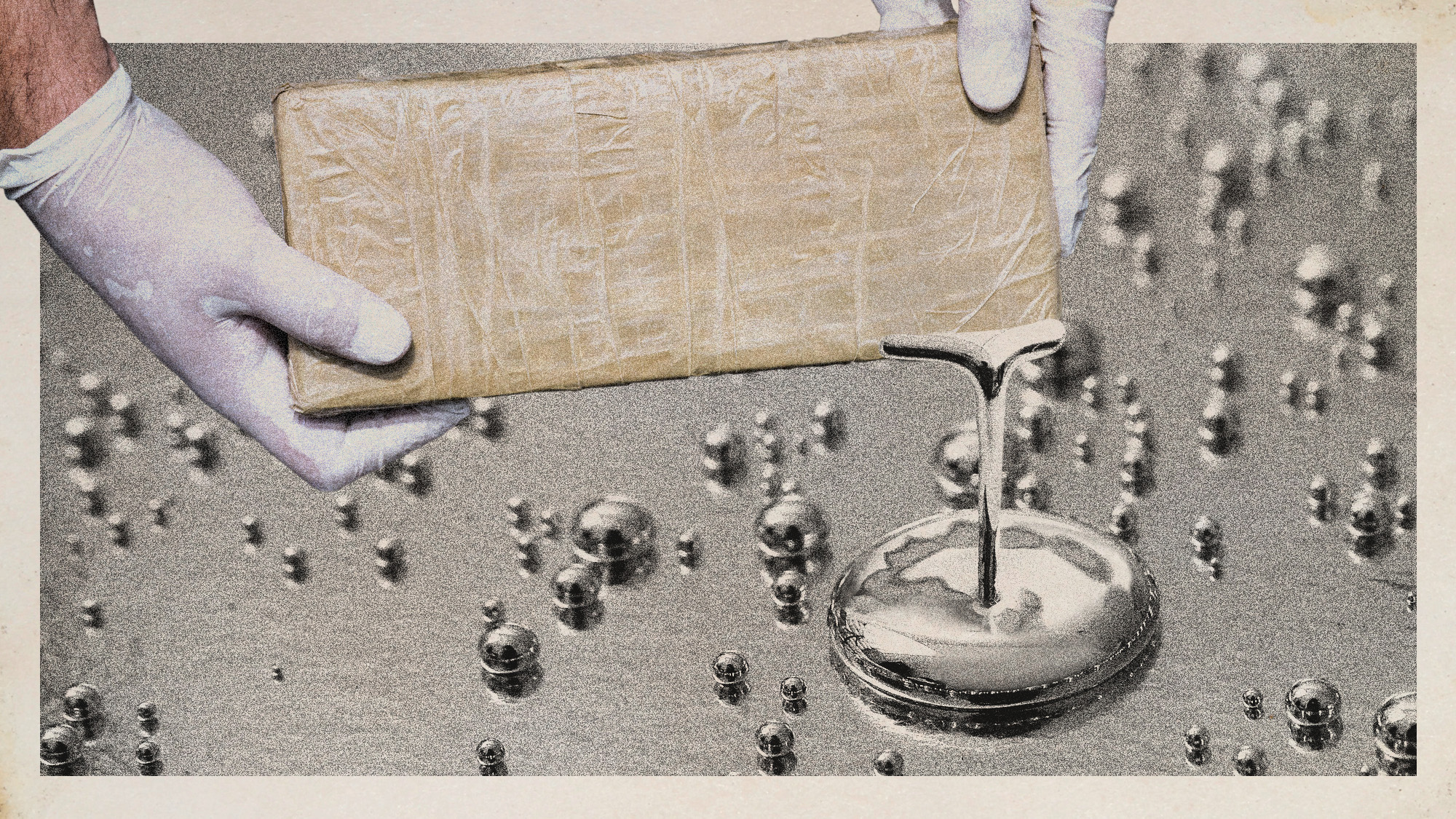 Illicit mercury is poisoning the Amazon
Illicit mercury is poisoning the AmazonUnder the Radar 'Essential' to illegal gold mining, toxic mercury is being trafficked across Latin America, 'fuelling violence' and 'environmental devastation'
-
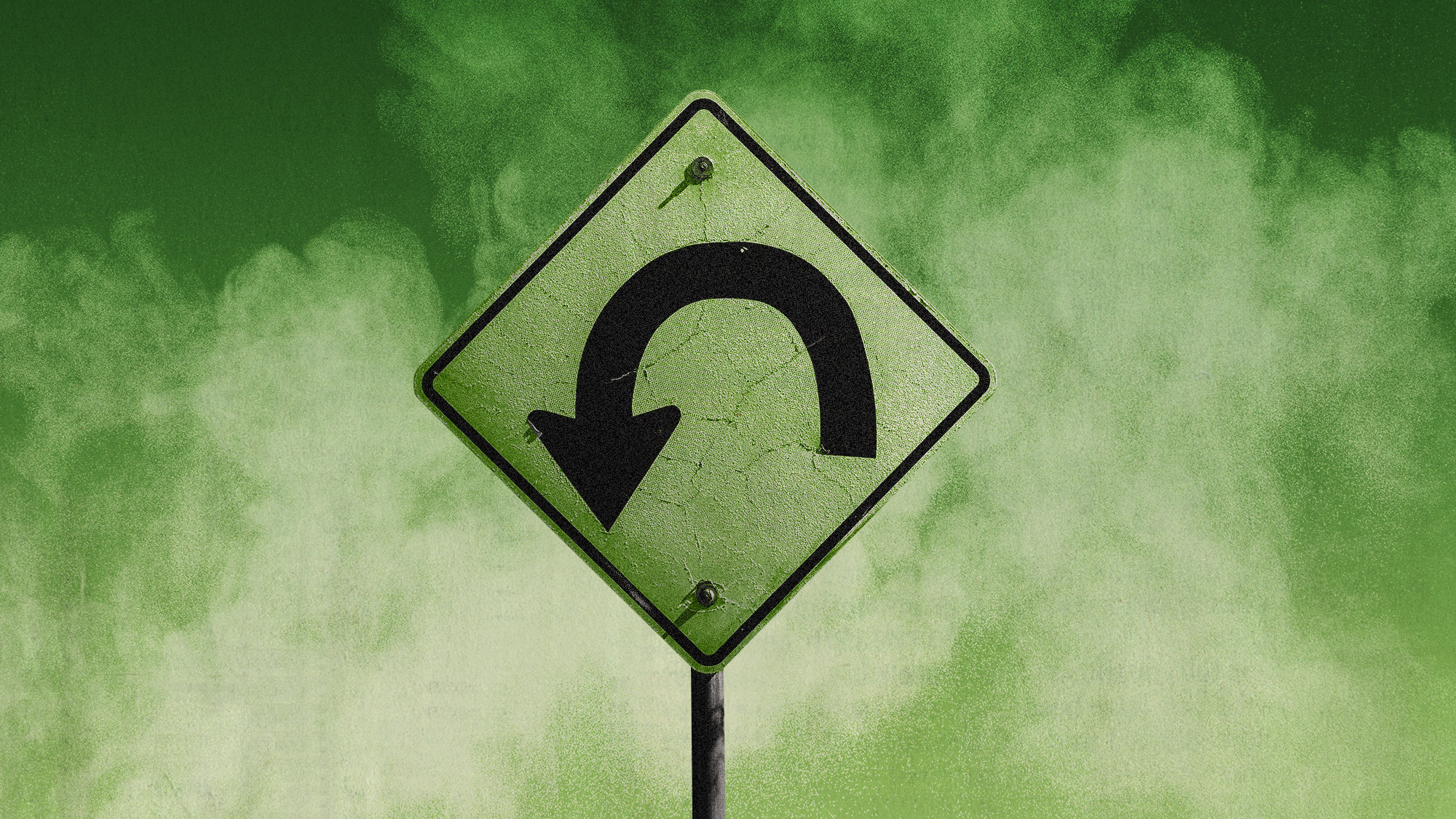 Thailand is rolling back on its legal cannabis empire
Thailand is rolling back on its legal cannabis empireUnder the Radar Government restricts cannabis use to medical purposes only and threatens to re-criminalise altogether, sparking fears for the $1 billion industry
-
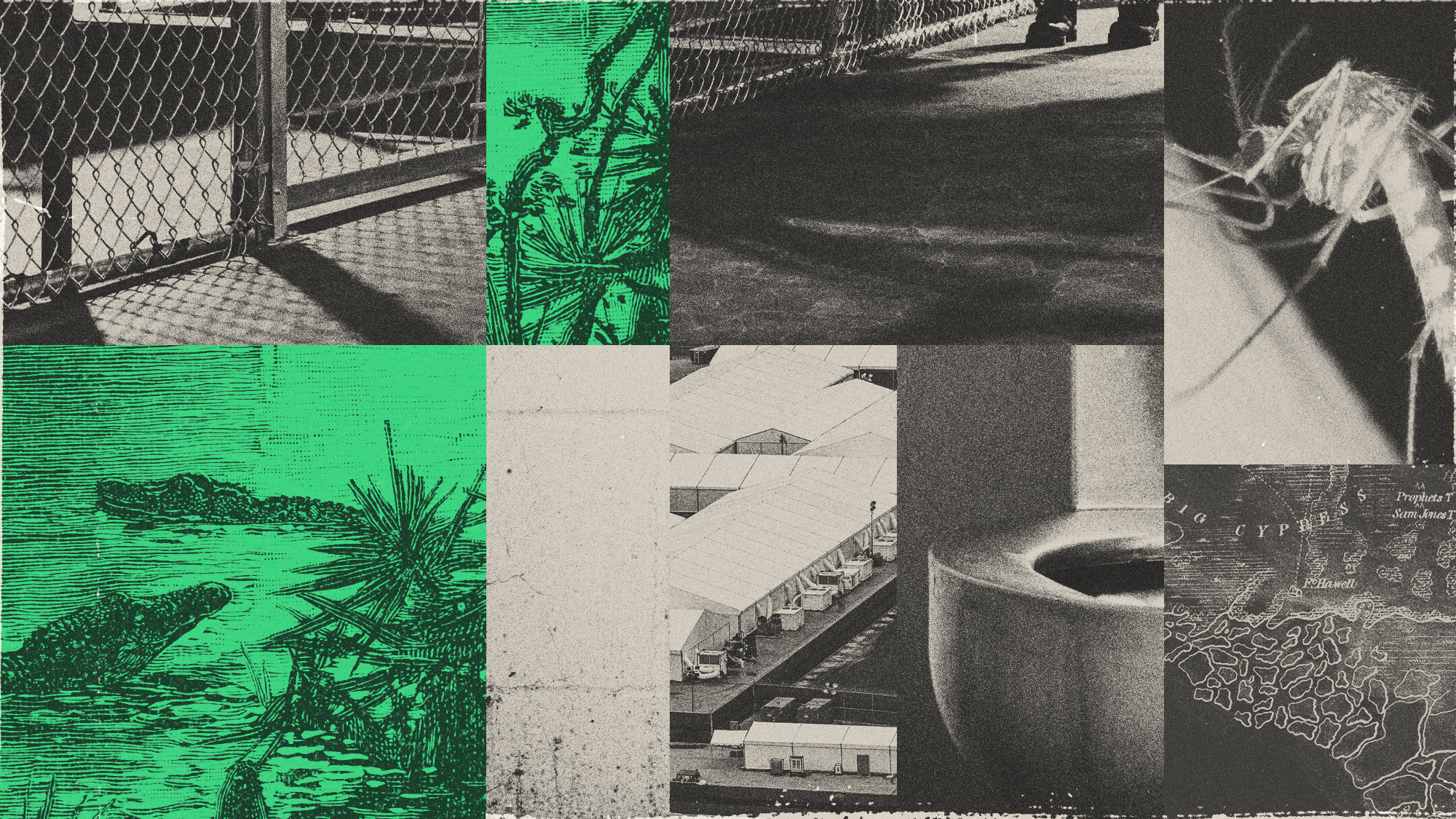 Insects and sewer water: the alleged conditions at 'Alligator Alcatraz'
Insects and sewer water: the alleged conditions at 'Alligator Alcatraz'The Explainer Hundreds of immigrants with no criminal charges in the United States are being held at the Florida facility
-
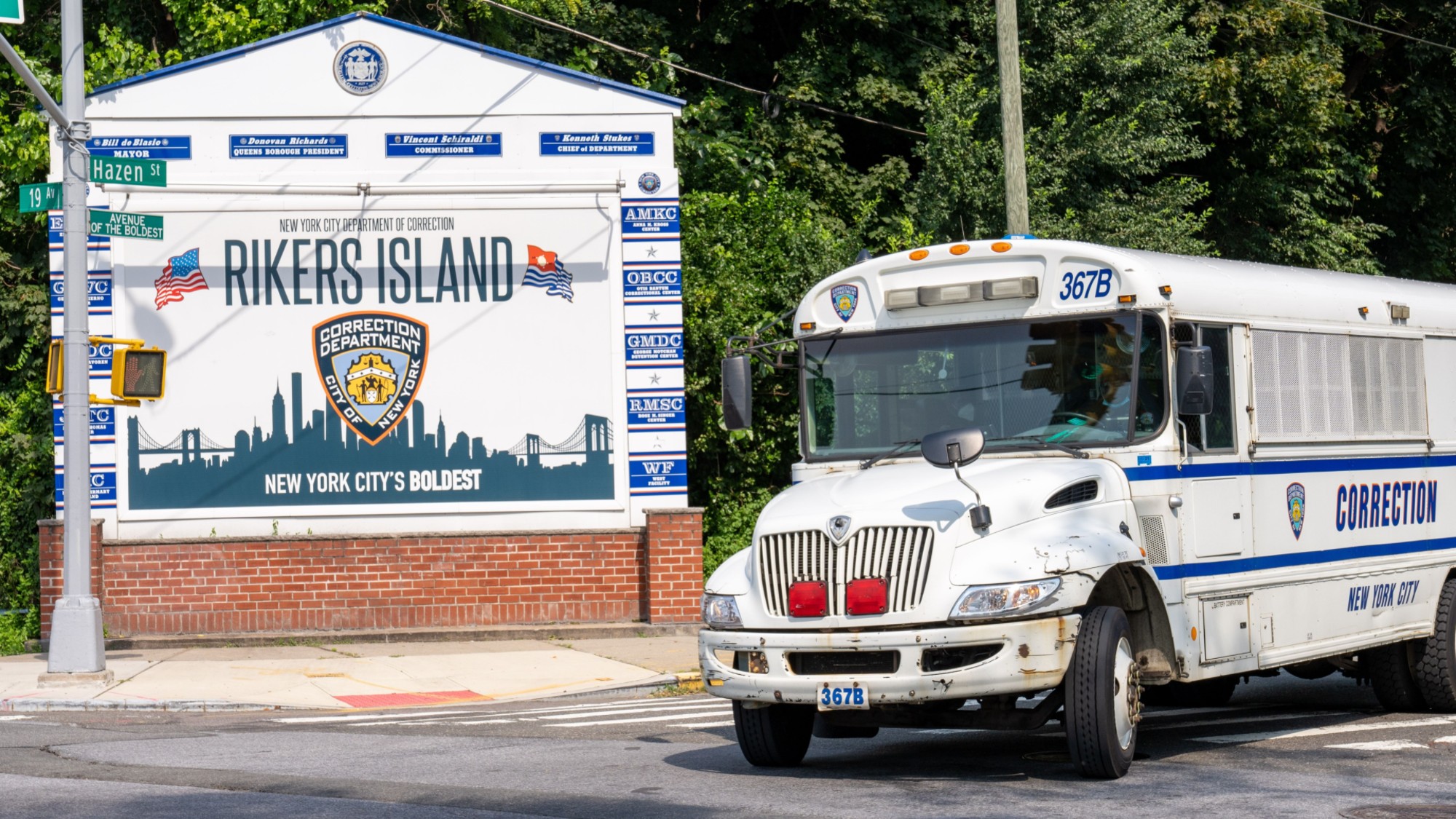 Why Rikers Island will no longer be under New York City's control
Why Rikers Island will no longer be under New York City's controlThe Explainer A 'remediation manager' has been appointed to run the infamous jail
-
 Antigua's disturbing disappearances
Antigua's disturbing disappearancesUnder the Radar Worried families, baffled authorities, and growing concern as the island searches for answers to its missing persons epidemic
